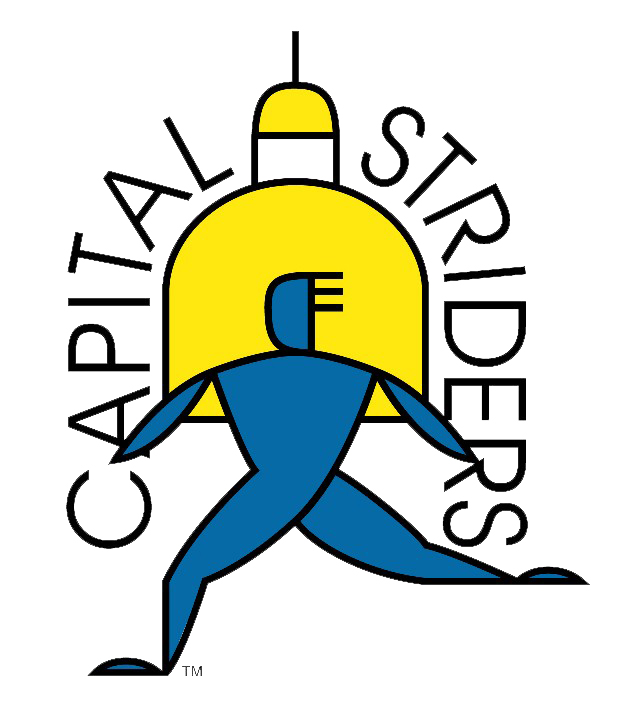When it comes to sports nutrition, there are several nutrients you need in your diet. One of those important nutrients is protein. One important function of protein is to build and repair all the tissues in our body, which our muscles need when it comes to sports and exercise. Protein is available in several different food groups as well as in supplements. Protein supplements are a great way to reach your protein needs if you are unable to reach the recommended amount through your diet.
Protein comes in two major forms - animal-based protein and plant-based protein. Animal proteins include chicken, fish, beef, pork, eggs, milk, yogurt and cheese. Plant proteins include legumes (ex: black beans, peanuts), nuts, seeds and soy. When it comes to protein supplements, there are several different types of proteins.
Whey - Whey is a byproduct of the cheese-making process. It is a complete protein containing all nine essential amino acids, required by our body through our diet. There are three types of whey protein.
1. Whey Concentrate - Contains the highest percentage of fat, cholesterol and lactose (milk sugar), and the lowest percentage of protein. Ranges between 25% to 80% pure protein. Rich in immune-boosting immunoglobulins.
2. Whey Isolate - Lower than whey concentrate in fat, cholesterol and lactose, but higher in protein. 90% to 95% pure protein.
3. Whey Hydrolysate - Lowest in fat, cholesterol and lactose, and highest in protein. 95% to 99% pure protein, promoting rapid absorption.
Casein - Casein comes directly from milk. Like whey, casein is a complete protein. There are two types of casein protein; both are 100% pure.
1. Micellar Casein - Five casein milk proteins enclosed in spherical structures called micelles. It’s clumpy and slow to digest. Slower digestion results in constant distribution of amino acids into the blood.
2. Casein Hydrolysate – Complex mixture of two to three amino acid chains. Absorption is rapid. No further digestion is required.
Plant-based protein supplements, in powder form, come from soy, pea, hemp or rice.
Soy protein - Soy protein is the only complete plant protein. It is high in isoflavones, a class of phytochemicals, and is sold in either concentrated or isolate form. Soy isolate protein has higher protein content than soy concentrate. It has a slower digestion and absorption rate.
Pea, Hemp and Rice Proteins - Pea, hemp and rice are all incomplete proteins. They should not be used as sole protein sources. Generally, you will find a blend of these plant-based proteins together, which then makes it a complete protein. These proteins are higher in carbohydrate than soy or animal proteins. Hemp proteins are high in fiber. Brown rice protein has only a small amount of protein, but is recommended for those who have intestinal sensitivities or milk or soy allergies.
Ingesting protein in supplement form, especially animal-based protein, greatly enhances a person’s ability to recover after physical activity. The amount of daily protein a person should ingest comes down to height, age, medical condition and the type-frequency-intensity of his or her training regimen. Protein intake is equally important for both endurance and strength athletes.
Protein Utilization Examples:
• Choose whey concentrate as an economical pre- or post-workout meal, or anytime meal replacement.
• Choose whey isolates if activity level is high. This protein is best utilized pre- or post-training.
• Due to the expense of whey hydrolysates protein, it hardly ever exists on its own, but rather in a blend with other proteins. Hydrolysates are ideal for pre-, during and post-training.
• Micellar casein is a good anytime protein for a beverage or to mix into a shake before bed.
• Casein hydrolysates are for professional athletes. This protein is very expensive, but prized for purity and rapid absorption.
________________________________________________________
Almond Butter and Banana Protein Smoothie
Serves 1 (1 3/4 cups each)
All you need:
1 small frozen banana
1 cup Hy-Vee unsweetened almond milk
2 tbsp almond butter
2 tbsp unflavored protein powder
1 tbsp sweetener of your choice, optional
1/2 tsp ground cinnamon
4 to 6 ice cubes
All you do:
Combine banana, almond milk, almond butter, protein powder, sweetener, cinnamon and ice cubes in a blender and blend until smooth.
Nutrition Facts per serving: 402 calories, 22g fat, 2g saturated fat, 0mg cholesterol, 376mg sodium, 37g carbohydrates, 9g fiber, 14g sugars, 19g protein.
Daily values: 15% vitamin C, 41% calcium, 56% iron.
Source: adapted from EatingWell, Inc. Photo Credit: EatingWell, Inc.
Please contact your in-store Hy-Vee registered dietitian for more information on how to use protein and which one is right for you. Allysa Ballantini is your Altoona Hy-Vee Registered Dietitian. Call her at (515) 967-7676 or e-mail at aballantini@hy-vee.com.
The above information is not intended as medical advice. Please consult a medical professional for individual advice.

